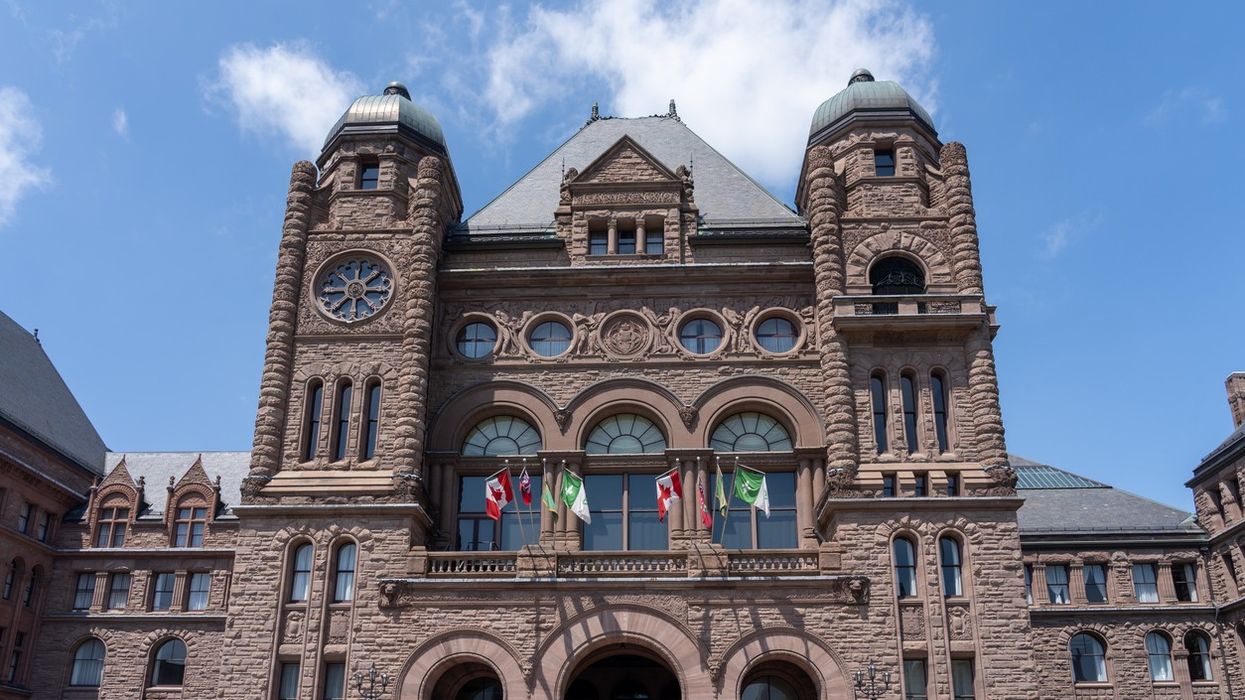On Wednesday, the Ford Government voted down a bill that would have removed barriers for commercial-to-residential conversions in hopes of building more housing to assuage supply issues.
The bill — Bill 102, The Commercial to Residential Conversion Act, 2024 — was tabled by Liberal MPP Karen McCrimmon in May in response to high office building vacancies in Ontario.
Recommended by the bill was the removal of a section of the Environmental Protection Act (EPA) that exempts changes to building use based on building height. The successful amendment to the EPA would have cut red tape, speeding up conversions by up to two years.
In a release shared before the Legislative Assembly of Ontario meeting at Queen's Park, McCrimmon stressed the importance of her bill. “At a time when there is critical need for residential housing, and commercial vacancy is still very high, barriers prevent the conversion of previously commercial buildings to residential use,” said McCrimmon. “This bill would remove one significant barrier.”
On Wednesday, the bill was voted down with 36 ayes and 67 nays.
McCrimmon tells STOREYS she disagrees with the decision. "I'm very disappointed with the Ford Conservative's choice to vote my bill down," she says. "It was a simple, free, and immediate step that we could take to reduce barriers to housing in Ontario. With office vacancy at record highs, it makes perfect sense to support residential conversion."
She also points out that the Bill had wide support. "We had the support of the Ontario Real Estate Association, the Ontario Society of Professional Engineers. The bill was even a recommendation of the government's own Housing Affordability Task Force!" she says. "There was simply no good reason for the Ford PCs to turn this down."
The rejection of the Bill comes at a time when the office vacancy rate in Ontario's most populous city, Toronto, is sitting at a lofty 18.1% and housing starts remain "well below what is required to restore affordability," according to Canada Mortgage and Housing Corporation.
In Toronto, city staff are currently pursing an Office Space Needs Study in the face of increasing office vacancies and a prolonged housing crisis — a combination of conditions that has led to "development applications that propose to add residential uses above existing office buildings, convert office to residential uses, or demolish office buildings entirely," according to the staff report.
The report is meant to guide policy decisions, specifically whether or not to repeal or amend the current Office Replacement Bylaw requiring 100% of demolished office space to be replaced in new developments across specific areas of the city.
In anticipation of this decision, JLL has conducted a study that found that, in Toronto alone, there are currently 73 parcels of land where there is a redevelopment project proposed at the site of an existing office building, comprising 51,398 proposed residential units that could one day house thousands of Torontonians facing a housing crisis.
- National Office Vacancy Rate Reaches 30-Year High Of 18.5% ›
- Conversion Potential Sparks Office Sales As Calgary Relaunches Incentive Program ›
- JLL Calls For 'Full Repeal' Of Office Replacement Bylaw Ahead Of City Deliberations ›
- GTA New Home Sales Down 70% Over Last September ›
- OREA Policy Recommendations Raise Bar For Real Estate ›
- Regulatory Change To Speed Up Office Conversions Enacted ›





















